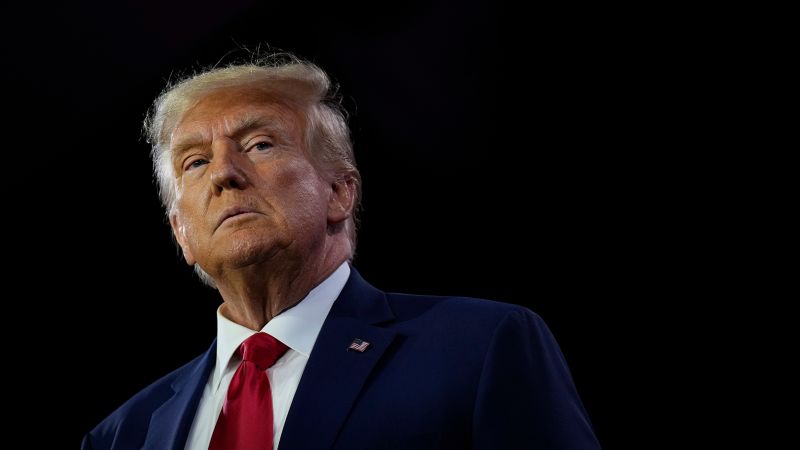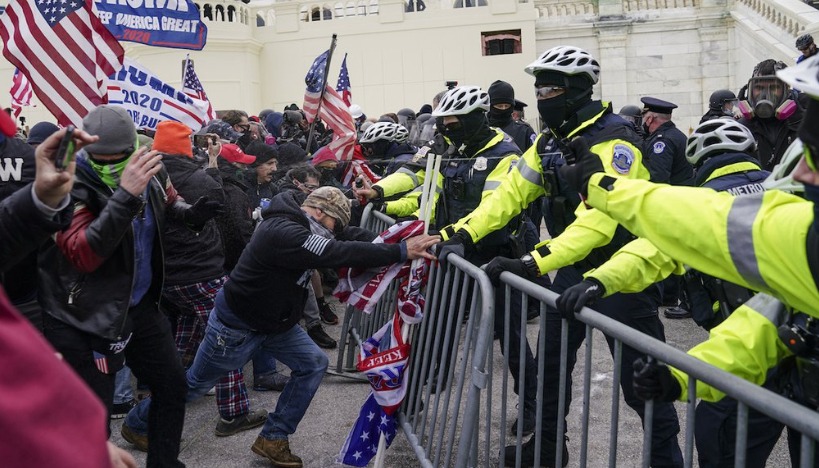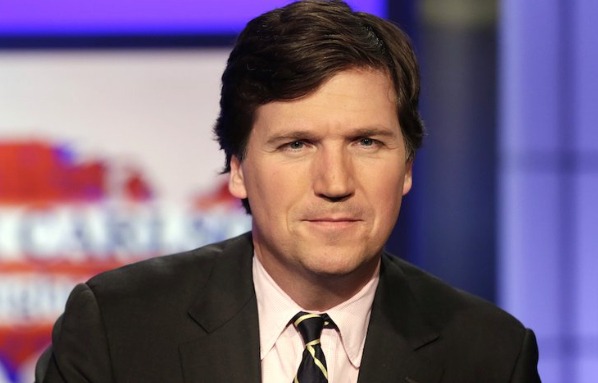Former President Donald Trump Pleads Not Guilty to New Charges in Classified Documents Case
Former President Donald Trump has pleaded not guilty to new charges brought against him by special counsel Jack Smith in the case involving the mishandling of classified documents from his time in the White House. This comes after Trump’s arraignment on Thursday in the special counsel’s separate investigation into efforts to overturn the 2020 presidential election.
Additional Charges and Defendants
Last week, Smith filed one additional count of willful retention of national defense information and two additional obstruction counts against Trump, who already faced 37 criminal charges in the classified documents case. The special counsel also added Trump’s aide, Walt Nauta, and Mar-a-Lago property manager Carlos De Oliveira to the case. Both Trump and Nauta had previously pleaded not guilty to the initial charges earlier this summer.
Trump’s Absence at Arraignment
In the court filing, Trump indicated that he would not be physically present for the arraignment on the new superseding indictment scheduled for August 10 in Fort Pierce, Florida, before a US magistrate judge. It remains unclear whether De Oliveira and Nauta will be present for the arraignment as well.
Stay Updated
Stay tuned for further developments in this high-profile case as it unfolds.
Trump’s Unprecedented Double Plea: Defending Against New Charges in Classified Documents Case
In a surprising turn of events, former President Donald Trump finds himself facing yet another legal battle. This time, the charges stem from his alleged mishandling of classified documents during his tenure in the White House. Trump’s defense team has recently made an unprecedented double plea, seeking to dismiss the charges on the grounds of executive privilege and lack of evidence.
The case revolves around accusations that Trump disclosed sensitive information to foreign officials without proper authorization. The alleged incidents occurred during high-level meetings with leaders from countries such as Russia and North Korea. The prosecution argues that Trump’s actions jeopardized national security and violated protocols established to protect classified information.
Trump’s defense team, led by renowned attorney Alan Dershowitz, has launched a vigorous defense strategy. They argue that the charges against the former president are politically motivated and lack substantial evidence. Dershowitz contends that Trump’s actions were within his constitutional authority as the chief executive and that he had the right to disclose information to foreign leaders in the interest of diplomacy.
One of the key arguments put forth by Trump’s defense team is the claim of executive privilege. This legal doctrine, rooted in the separation of powers, allows the president to withhold certain information from the public and other branches of government to protect the confidentiality of sensitive discussions. The defense argues that Trump’s conversations with foreign leaders fall under this privilege, and therefore, he cannot be held accountable for any alleged mishandling of classified documents.
However, the prosecution challenges this assertion, arguing that executive privilege does not extend to illegal activities or actions that endanger national security. They contend that Trump’s alleged disclosures were not part of any legitimate diplomatic efforts but rather a reckless disregard for established protocols. The prosecution further claims that executive privilege cannot be used as a shield to protect criminal behavior.
The outcome of this case could have far-reaching implications for future presidents and their handling of classified information. If Trump’s defense is successful, it could set a precedent that allows presidents to disclose sensitive information without fear of legal consequences. On the other hand, if the prosecution prevails, it would establish a clear boundary for executive privilege and hold presidents accountable for their actions regarding classified documents.
The case has attracted significant attention from legal scholars, politicians, and the general public. Many view it as a test of the strength and limits of executive privilege, a cornerstone of the American political system. The outcome will undoubtedly shape the ongoing debate surrounding presidential powers and the balance between national security and transparency.
As the legal battle unfolds, it is crucial to remember that the presumption of innocence remains a fundamental principle of the American justice system. Trump, like any other defendant, is entitled to a fair trial and the opportunity to present his defense. The court will ultimately determine whether the charges against him hold merit and whether executive privilege can be invoked to shield him from legal consequences.
Regardless of the outcome, this case serves as a reminder of the importance of upholding the rule of law and ensuring accountability for those in positions of power. It highlights the need for a robust legal framework that can effectively address potential abuses of authority while safeguarding the nation’s security interests.
As the proceedings continue, the eyes of the nation remain fixed on this unprecedented double plea by Trump’s defense team. The outcome of this case will undoubtedly shape the future of executive privilege and set a precedent for how presidents handle classified information. Only time will tell how this legal battle will unfold and what impact it will have on the broader political landscape.








